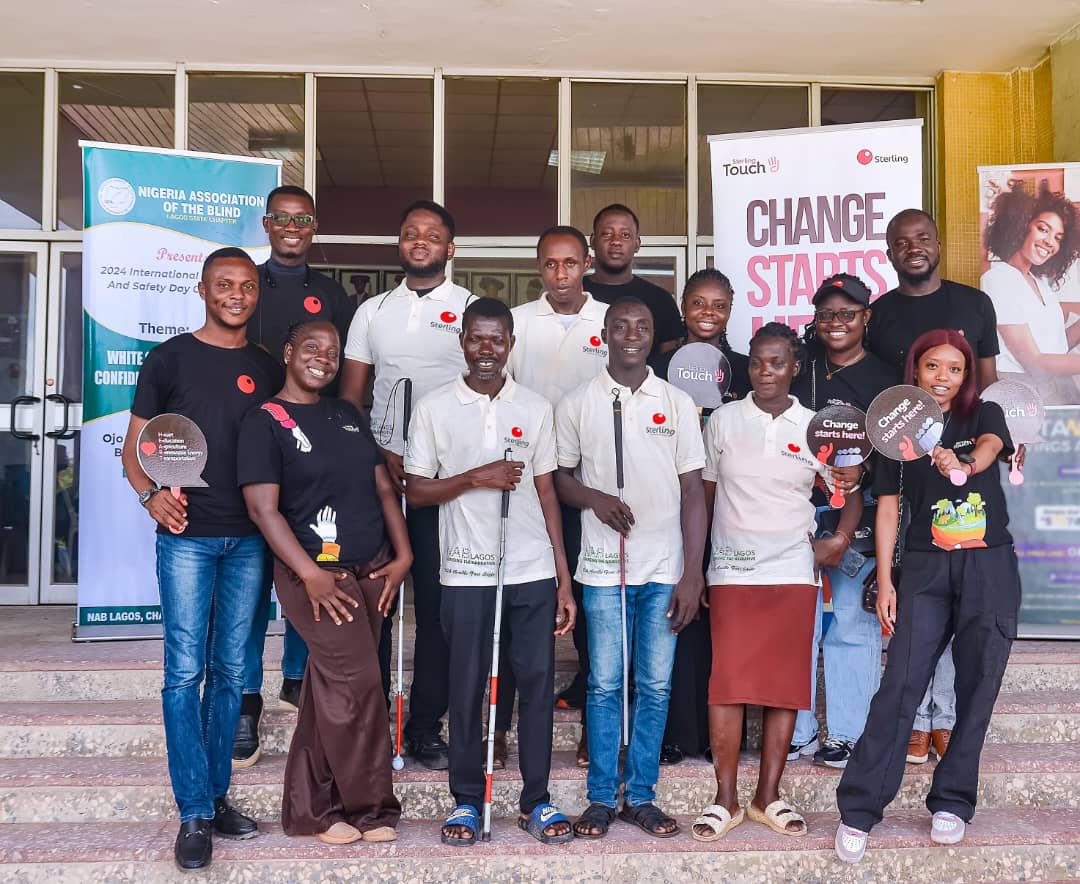After oil, our largest export is people—according to backyard economists, sha. I believe that music is up there with people. From fainting women at P-square concerts, to Fela on Broadway and of course my love, Burna in Times Square, NYC (an African Giant f’real, f’real), our music is now a source of dollars (if we really check it). Just to add, once Beyonce released The Gift, Nigerian music has entered body. Drake gave us a small push with Wizkid, but my girl Bey, she really showcased. As usual, I’ll ask, are we harnessing the inherent opportunities? Can we earn diaspora dollars to help our economy? I think the answer is in something called ‘streaming’.
First of All- Introduction
I was in an Uber the other day on my way home, having a conversation with my friend when the driver beckoned to a street hawker of CDs, he bought Phyno’s new 22-track album “Deal with it” for N200; obviously reproduced by the Pirate of the Narribeans (check our last edition). So, I asked him why he wouldn’t just pay to stream that album since he loved it so much, his answer was very vague; like most Nigerians. All over the world, music is a universal language, and one that has over the years brought people together irrespective of colour, language, societal status and age. From Apala to Oliver De Coque to Angelina Kidjo to Gelato, various genres and artistes have transcended generations and continents spreading joy, happiness and even peace. The industry has since evolved from being entertainment to becoming a mainstream business industry generating billions of dollars – at least 30 billion, according to Davido
Music like 99
The Global Music 2018 Report released by the International Federation of the Phonographic Industry (IFP), reported that the global recorded music market expanded last year, growing 8.1% and rounding out at $17.3 billion. That’s a huge improvement from just a few years ago, but the business is still down from its 1999 peak, (who can forget the Backstreet Boys, Livin la Vida loca, Sugar Ray, Westlife, Plantashun boys and others) and it has a long way to go before it can reach previous highs.
The dynamics of these revenues however has radically changed and will never revert to the 90’s peak. In 2017, streaming accounted for 38.4% of global music industry revenue, or $6.6 billion, a new high for the format. That also means that for the first time in history, streaming became the single largest revenue source in the global music industry. Any notions that streaming activity isn’t growing the industry should finally be put to bed, and while there are certainly plenty of issues when it comes to companies like Spotify and Apple Music, you can’t argue that streaming has not revolutionized the way music is consumed, and the way artists earn money.
In 2018, Beyoncé made a whopping $81 million. If you think that is jaw dropping, you should know Taylor Swift made over $185 million (naira value is scary) in that same year. 60% of these earnings were from streaming and royalties on copyright. This is only possible because of the structure of the American music industry. The U.S. music industry grew 11.9% to $9.8 billion in 2018 from the $8.8 billion tallied in 2017. This was possible thanks to continuing explosive growth from streaming, which jumped 30% to $7.37 billion from the previous year’s total of $5.66 billion – WAWUU!
That’s How Star Do
As usual we (Nigeria) are steadily carrying last in this trend! It has been said that after oil, music has to potential to be our largest export, with revenue to hit ₦18 billion – by 2020. A failure to recognize and gbé body è, that is rise to the challenge, will cost us immensely. While artists like Wizkid, Davido, Tiwa Savage, Burna Boy, Mr Eazi and Asa have taken Nigerian music out of our shore especially through social media, their revenue streams are still majorly from performances, tours and corporate affiliations.
On the average, an A-list artiste has between five to seven shows, B-list, three to four shows and C-list, one or two shows a week, globally. At peak season, some artistes have up to 10 appearances daily! Let’s not even talk about the ”Unpluggeds” and Easter parries.
Our Gift
The current stream of income for our local artists will make them poor – to put it mildly. It is humanly impossible to have so many physical appearances all year round. Apple Music and Spotify are helping us on the dollar side (and taking our internal dollars too –gosh), but we need our own made-in-Nigeria stuff. This is where we call on naijaloaded.com or tooexclusive.com. If they adopt similar streaming models like Apple Music or Deezer, create a sharing formula with the artistes and use the data they gather about our streaming habits to refine the service, they could make a decent income.
As for the distribution chain for physical albums and albums, we need a rethink! The famous Alaba boys are our brothers, so let’s foster a partnership and make them as the official distributors for the Nigerian music industry. When we shake on it, we can finally share OUR GIFT—music— with the world.
Read more on Serious Magazine.










